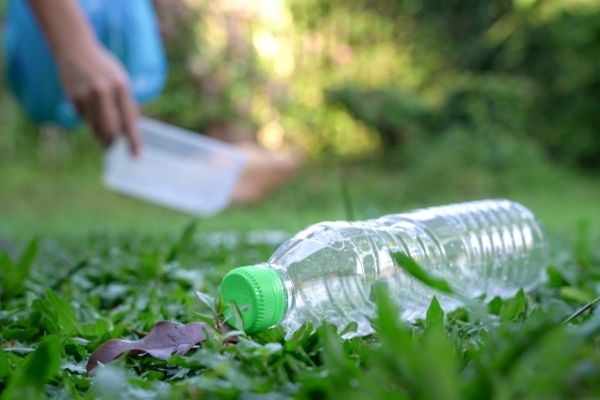Deadline: 27-Oct-2025
The United Nations Development Programme (UNDP) is currently implementing a project entitled “Partnership for Preventing the Riverine Plastic Pollution”, calling for partnership from all interested eligible civil society/non-governmental organization/academia to perform the work described in the Term of References.
At its core, the initiative focuses on efficient river debris removal, with a goal to collect and remove plastic and other waste from targeted river areas in a collaborative and systematic manner. These demonstration sites will serve as models for replication across the country, helping to build frameworks that enhance local capacity for managing plastic waste from its source to its final disposal. The approach emphasizes the entire waste management chain—collection, processing, and recycling—to significantly reduce the amount of waste ending up in landfills or leaking into waterways.
Beyond physical clean-up, the project aims to promote awareness and behavior change to prevent mismanaged plastic waste from entering rivers. Community engagement is a key element, involving local authorities, religious leaders, women’s groups, and other civic actors. Through educational and advocacy efforts, the project seeks to strengthen understanding of how improper waste handling contributes to river and ocean pollution, encouraging more responsible household and community practices that lead to lasting change.
The Performance-Based Grant modality ensures that funding is tied to verified results. With a total grant size of up to USD 300,000, implementing partners will receive funding based on milestone achievements and pre-agreed performance indicators. This model reinforces transparency, efficiency, and tangible impact, ensuring that resources are effectively directed toward meaningful environmental outcomes.
The project will run until 31 July 2027, focusing on two key cities in Indonesia—Kota Surabaya and Kota Surakarta—as the initial implementation sites. Civil society organizations, including NGOs, think tanks, and academic or research institutions, are invited to apply as lead implementers. Collaboration with private sector entities such as recycling centers or material recovery facilities is encouraged, although the leadership of the project must remain within the civil society sphere.
Through this initiative, UNDP seeks to mobilize collective action for cleaner, more sustainable river ecosystems, advancing Indonesia’s transition toward a circular economy and a future free from plastic pollution.
For more information, visit UNDP.
